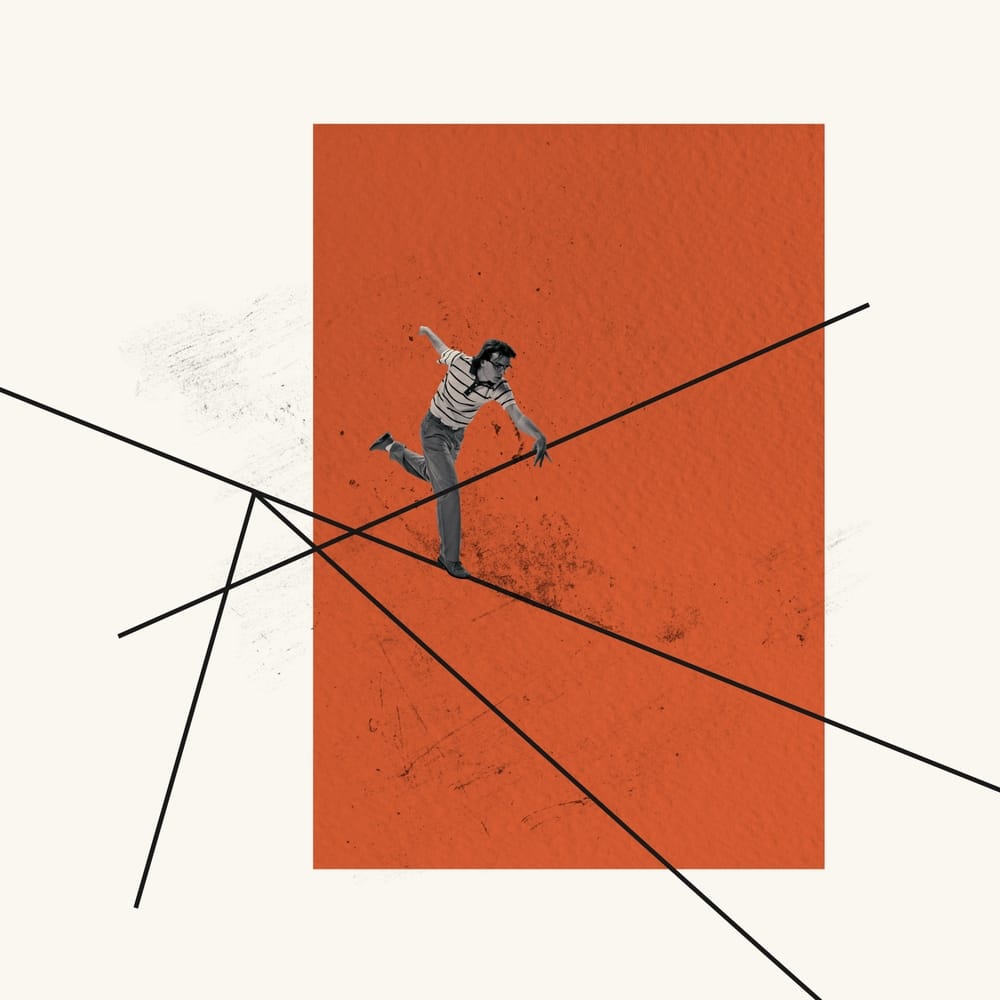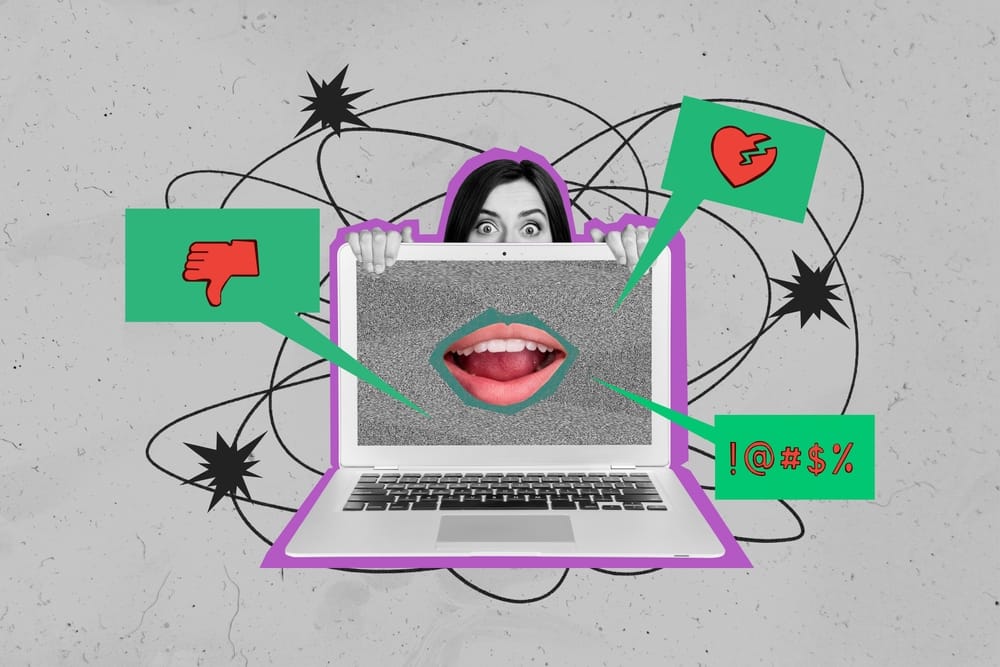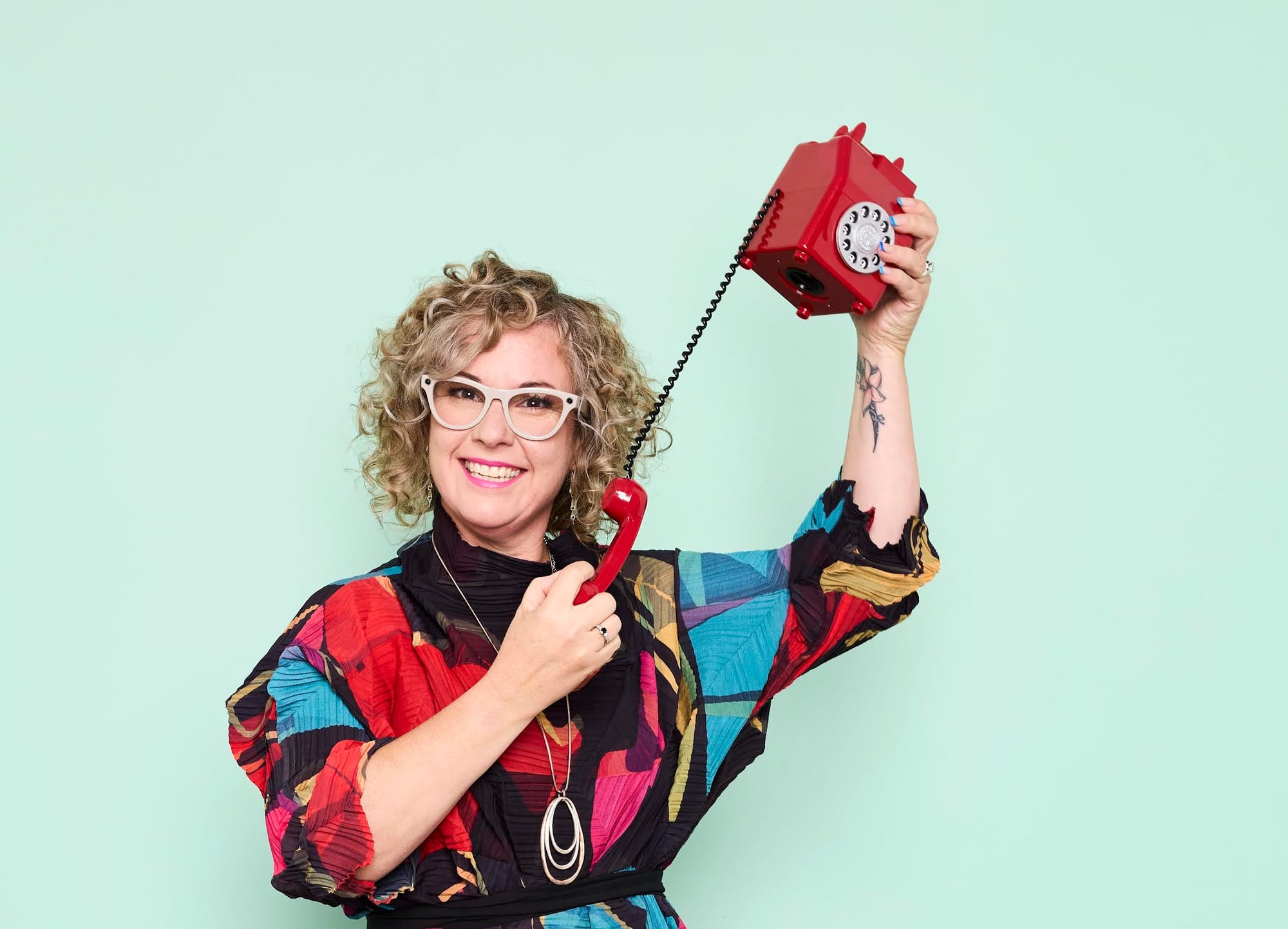
All aboard the think bus!
Stop assuming, start asking
I’ve learned something surprising. We don’t mean to—but in this work, we can often jump to conclusions. We see someone disengaged, forgetful, or stuck, and we sometimes start drawing our own lines. But more often than not, we can be wrong. This is where leading with cognitive health kicks in. It requires us to stop assuming and start asking.
Curiosity not assumptions
Why is this happening? Why is someone struggling to manage or remember their medication, but never forgets a cigarette? Why are they missing appointments, or unable to shop for themselves?
The answer, may relate to their thinking skills—their cognition—and importantly our readiness to understand it.
Cognitive health explained
Cognitive health is not a buzzword. It’s not therapy and not just an add-on. It should be fundamental to our approaches. Cognitive health refers to the thinking skills we all use to get through daily life—attention, memory, planning, problem-solving. For many tāngata whai ora we support—especially those living with trauma, brain injury, or serious mental illness—that kind of sequencing can become really tangled.
Priority and intention
At Pathways we've been prioritising our understanding and practices around cognitive health, and the outcomes have been illuminating.
When we first trained our clinicians in cognitive health approaches, we assumed the biggest benefit would be better care planning. But what we heard—overwhelmingly—was this: It changed how we think. For the first time, people realised how often they were jumping to conclusions.
our approach includes :
- Cognitive assessments o help us and tāngata whai ora better understand their cognitive strengths and challenges
- Environmental adaptations to reduce cognitive demand when required
- Implement strategies that build on strengths like organisation
- Group-based programmes to support cognition through connection
A new kind of equity
When you understand cognition, you see how much our expectations need to shift. This is equity in practice: not asking tāngata whai ora to meet us halfway but adjusting our approaches to meet them where they are. People who couldn’t catch a bus now can once we provided support that considers the cognition required to learn and retain these skills. Tāngata whai ora who couldn’t manage daily tasks are gaining independence—not because they changed, but because we did.Co-design in practice
To intentionally include cognitive health, we’re developing a Living Skills Manual, co-designed by Tangata Whaiora, Kaimahi, and clinicians. Piloted in four services, the framework is being refined and will roll out in late 2025.
This isn’t just another tool. It’s grounded in lived experience—proof of what becomes possible when those closest to the issue shape the solution. Our intention is to use our knowledge of and skills in cognitive health to deliver more to those who need more.
Big picture, bright future - what I'd like to see
The stats are stark: up to 90% of people with serious mental illness face cognitive difficulties yet services may still expect them to keep up. If we continue with “business as usual,” we risk leaving them behind in reviews, medication, community life. They don’t turn up, don’t engage—and we may label that as their failure. But it’s an issue of access. We need to stop asking why they’re not getting it, and start asking what are we missing?
Cognitive health offers a different way. It’s not a recipe—it takes time, reflection, and real curiosity. But the results speak for themselves.
This isn’t about fixing people. It’s about changing how we see and support them.
I'd like to see cognitive health practices intentionally included alongside clinical and other modalities in most of our mental health and addiction services whoever is providing them.


